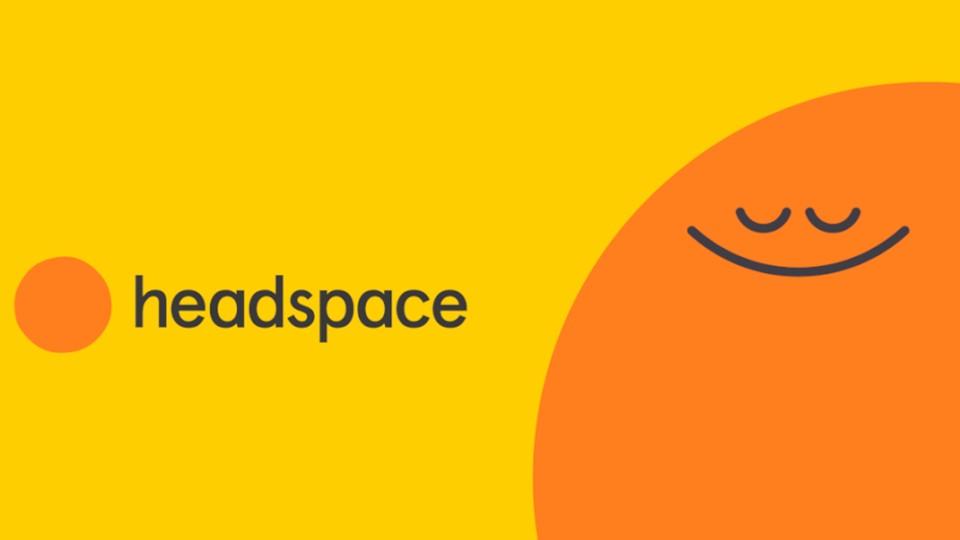Headspace raise leads flurry of digital health financings

There's still not much sign of a recovery in financings in the digital health sector, currently continuing a quarter-by-quarter slump that started towards the end of last year, but transactions are continuing to trickle through.
One of the largest in recent weeks is the just-announced $105 million debt financing for Anglo-US group Headspace – provided by Oxford Finance – which will be used to fund the expansion of its meditation, mindfulness, and mental health coaching platform, possibly through M&A, and "investing in areas where it sees market need."
Headspace, which merged with Ginger to create a $3 billion digital health player in 2021, mainly provides its services through employee assistance programmes (EAPs) around the world, including in the UK NHS. It currently works with more than 4,000 employers across 200 countries and also provides apps for use by individuals on an out-of-pocket payment basis.
Hippocratic AI, which was set up in May to develop generative artificial intelligence for a range of non-diagnostic healthcare applications, from booking appointments to healthcare billing, has raised another $15 million in funding to go along with a $50 million seed round.
The Palo Alto, California-based start-up also announced partnerships with three healthcare systems, Cincinnati Children's, HonorHealth, and Universal Health Services, which have become inaugural founding partners for the company, with the first two contributing investment dollars to the round. The partners will help guide the development of its generative AI modules.
Another new medically-focused generative AI company, called GenHealth AI, has raised $13 million in a round co-led by Obvious Ventures and Craft Venture.
The Boston-based company is building a large medical model (LMM) that is trained on medical event data, rather than text data, that will be developed for pharmaceutical organisations and healthcare providers and payers, with modules that will include risk adjustment, care management, digital twins to model treatments and outcomes, and clinical trial simulations.
UK start-up Entia has raised £16 million ($20 million) in a Series A financing that will be used to roll out its Liberty remote patient monitoring system for cancer patients in the UK and seek approval in the US.
The platform combines at-home blood testing technology and digital tools to provide personalised insights into cancer patients' treatment journeys; for example, providing information on neutropenia, a common side effect of cancer chemotherapy. The round was led by BGF and Parkwalk, with existing investors also taking part.
Finally, Austin, Texas-based Verifiable, a company designing software to automate the process of verifying healthcare provider credentials – in other words, confirming they are who they claim they are – raised $27 million in a Series B financing.
According to the company, its automated verification platform shortens the time it takes to verify providers from weeks to days, reducing administration costs for healthcare systems. The round, which takes Verifiable's total raised to date to $47 million, was led by Craft Ventures and Highland Capital, with The Altman Fund, Struck Capital Management, and 137 Ventures Management participating.













